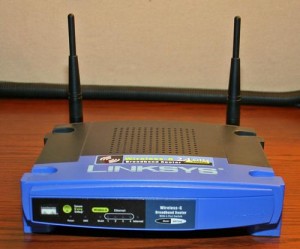Richard Bejtlich ‘s TaoSecurity: Steve Jobs Understands Team Building.
I stumbled upon the following excerpt from the 1998 book In the Company of Giants by Rama Dev Jager and Rafael Ortiz. They interviewed Steve Jobs, who had the following to say about team building, as printed in BusinessWeek:
Q. What talent do you think you consistently brought to Apple and bring to NeXT and Pixar?
SJ. I think that I’ve consistently figured out who really smart people were to hang around with. No major work that I have been involved with has been work that can be done by a single person or two people, or even three or four people… In order to do things well, that can’t be done by one person, you must find extraordinary people.
The key observation is that, in most things in life, the dynamic range between average quality and the best quality is, at most, two-to-one…
But, in the field that I was interested in — originally, hardware design — I noticed that the dynamic range between what an average person could accomplish and what the best person could accomplish was 50 or 100 to 1. Given that, you’re well advised to go after the cream of the cream.
That’s what we’ve done. You can then build a team that pursues the A+ players. A small team of A+ players can run circles around a giant team of B and C players.
Q. So you think your talent is in recruiting?
SJ. It’s not just recruiting. After recruiting, it’s building an environment that makes people feel they are surrounded by equally talented people and their work is bigger than they are. The feeling that the work will have tremendous influence and is part of a strong, clear vision — all those things.
Recruiting usually requires more than you alone can do, so I’ve found that collaborative recruiting and having a culture that recruits the A players is the best way.
Q. Yet, in a typical startup, a manager may not always have the time to spend recruiting other people.
SJ. I disagree totally. I think it’s the most important job… When you’re in a startup, the first ten people will determine whether the company succeeds or not.
Steve is right. That is why I Tweeted this last week:
Real IT/security talent will work where they make a difference, not where they reduce costs, “align w/business,” or serve other lame ends.
I was emphasizing the point that motivated people want to make a difference. They want to bring good things to life. (I loved that motto — time to junk the present one, if you catch my drift, and go back!)


